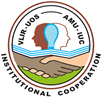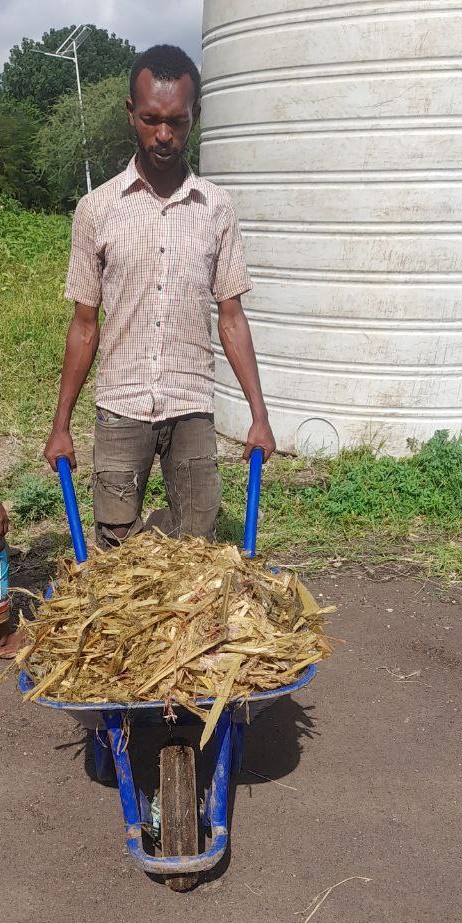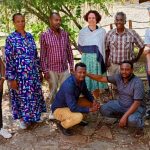In a bid to bolster agricultural sustainability and resilience in Southern Ethiopia, AMU-IUC Project’s Research Sub-Project 5 (RSP5) is harnessing innovative fermentation techniques to enhance livestock feed security. The project aims to unlock the nutritional potential of commonly overlooked agricultural byproducts, such as maize stover and banana pseudostem, transforming them into valuable feed sources for livestock.
The project’s outreach program is already underway, focusing on knowledge dissemination and capacity building. A recent training session, attended by 24 women and 48 small farmers and entrepreneurs, emphasized feed conservation techniques, mineral block production, and tailored feed supplementation strategies for dairy animals. Additionally, the ongoing feeding trial on dairy animals at the Kulfo Campus showcases the project’s dedication to practical application and evidence-based research.
RSP5 promises a multitude of benefits for Arba Minch University and its stakeholders. Through various initiatives, AMU will not only conduct further studies in the practical application of feeding trials on dairy animals but also contribute significantly to the advancement of knowledge in the field. Moreover, research conducted under the project facilitates the dissemination of acquired technologies, fostering innovation and progress within the agricultural community.
In addition, RSP5 fortifies its community outreach initiatives targeting enhanced livestock feed security. Through collaborative efforts with the Arba Minch Bureau of Agriculture and small-scale farmers involved in milking production, the project aims to extend its benefits far beyond the university campus.
Furthermore, RSP5 exemplifies AMU’s commitment to fostering innovation, knowledge dissemination, and community development. The project anticipates positive transformations these initiatives will bring and expresses gratitude for the support and engagement of all stakeholders involved, including the College of Agricultural Sciences, Arba Minch Bureau of Agriculture, and the dedicated small-scale farmers involved in milking production, whose participation is crucial to the project’s success.



